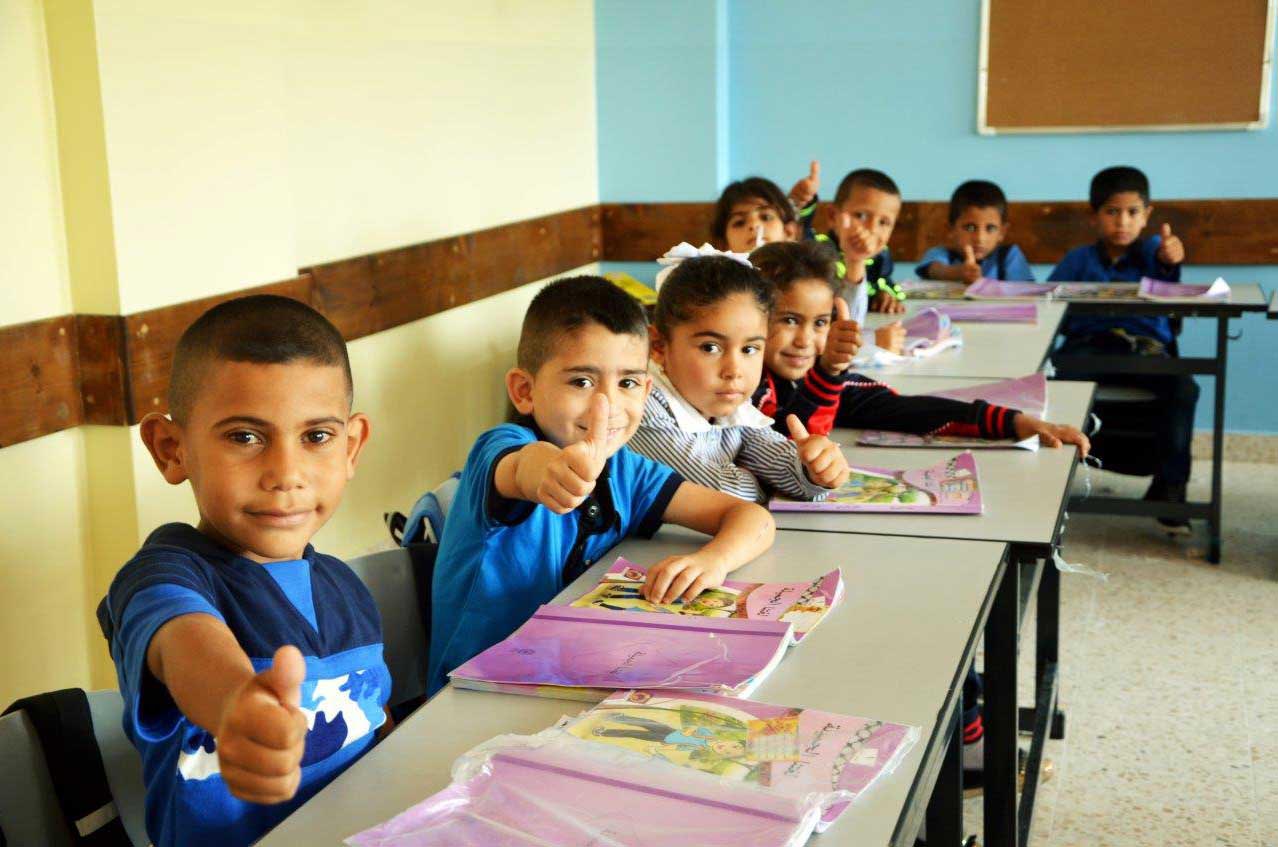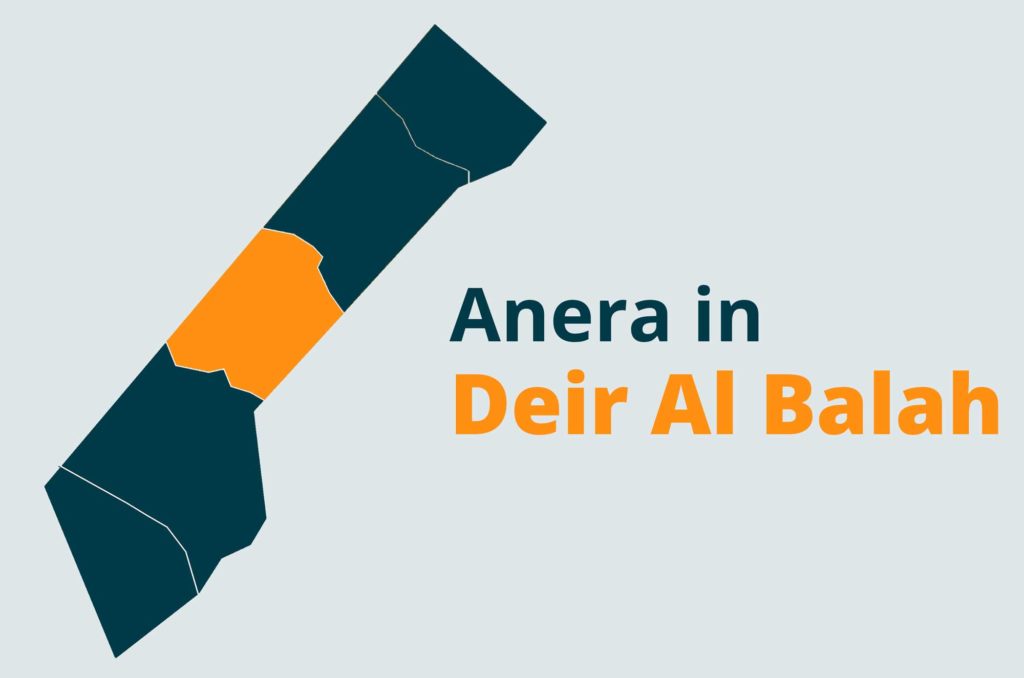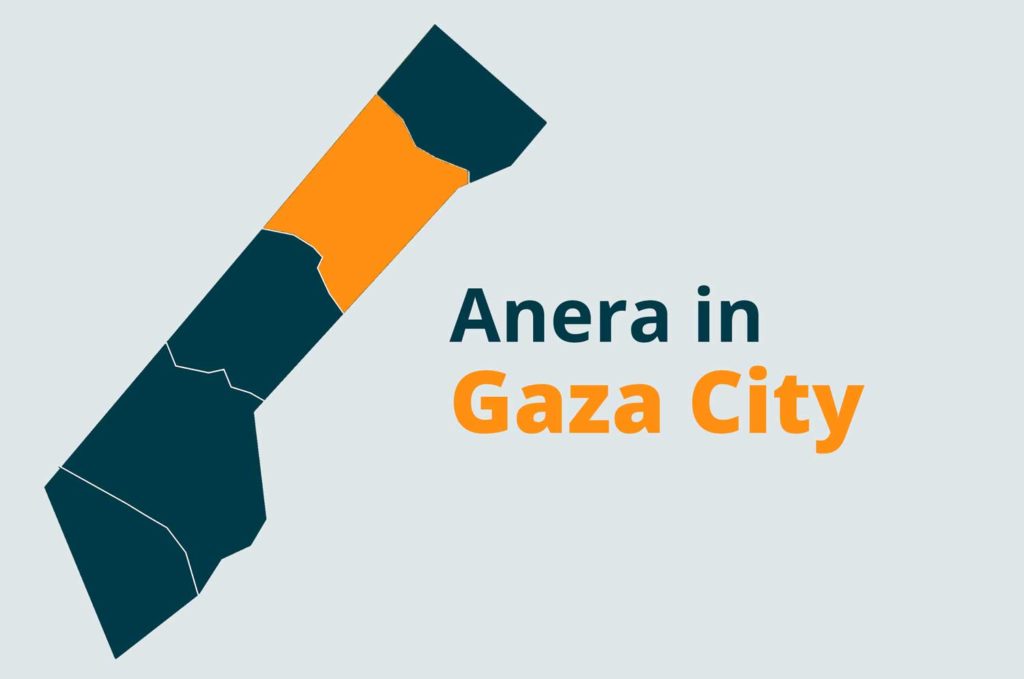Nov, 2016
It’s an unfortunate reality that most schools in Palestine are in bad shape. Crumbling facilities, outdoor or outdated bathrooms, and drab white walls are a common sight.
And without playgrounds, kids often play in the street during recess hour.
But two West Bank schools shine against the rest. The Jalqamous boys’ school and the Hatta co-ed school have just swung open their doors with full-scale renovations. Anera added libraries, science labs, playgrounds, and more – all the features a school should have to foster learning. The new schools are also solar-powered and fully accessible. The bigger, better new schools mean that 500 kids from the surrounding villages can get a fun and high-quality education.
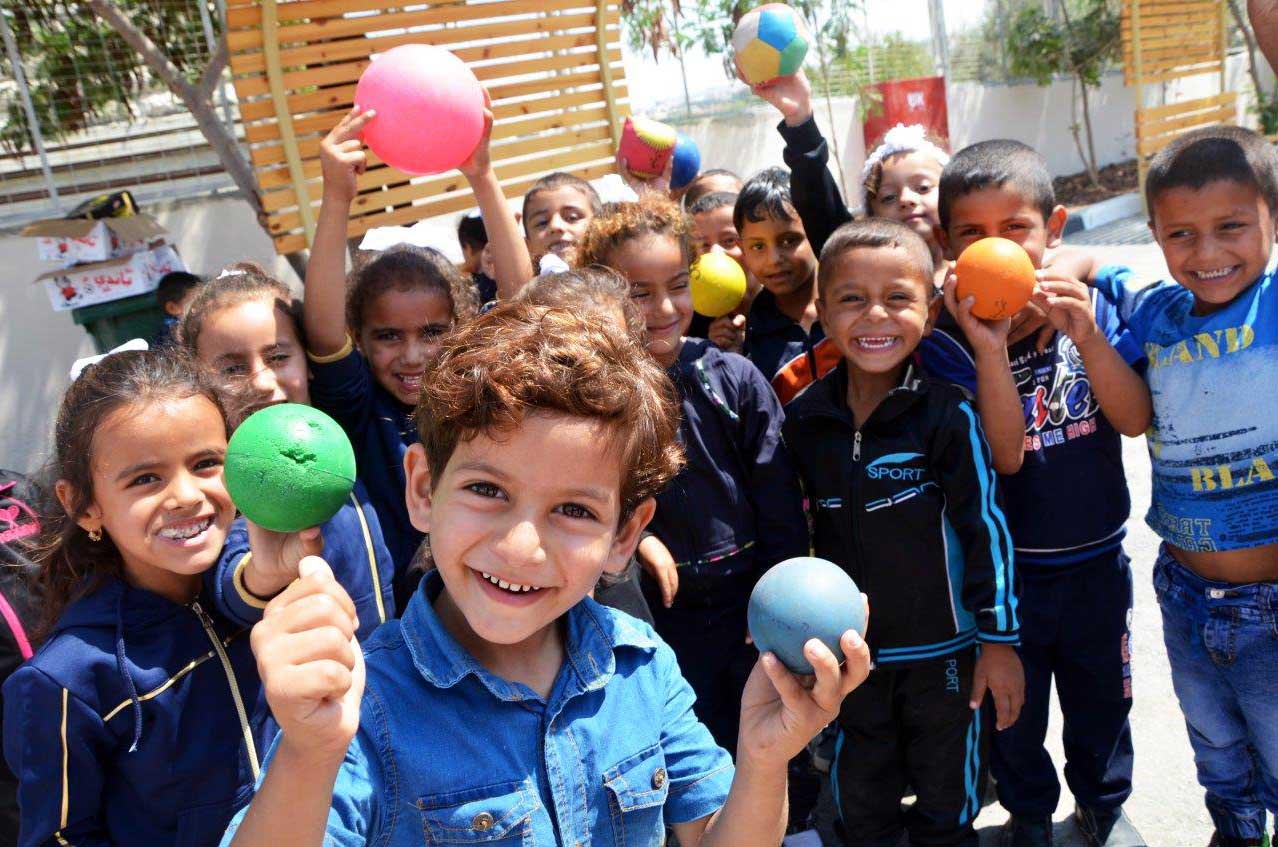

A Higher Capacity for Learning
Almost 500 children get to use the brand new facilities of Hatta and Jalqamous. Hatta has a new preschool, five more classrooms, computer and science labs, a library and playground. Jalqamous also added five more classrooms, along with a new faculty room, library, computer and science lab, outdoor recreational area and boundary walls for security.
Hatta now enrolls students up to the eighth grade—it only went up to the sixth grade before the renovations. In the past, students had to travel to another town to go to middle school. As a result, many girls simply dropped out because their parents were reluctant to send them far away from home. The added grades at Hatta mean that more girls have the chance to continue their education, at least until eighth grade.


In the past, students had to travel to another town to go to middle school. As a result, many girls simply dropped out because their parents were reluctant to send them far away from home.
The new playgrounds are big news, too. In the politically volatile environment of the West Bank, playgrounds offer refuge to children as one of the few safe public spaces. New playgrounds at Hatta and Jalqamous ensure that students can enjoy the simple joys of childhood while going to school.
“Greening” and Cutting Costs with Solar Panels
Sunlight is an abundant natural resource in the West Bank. The new Jalqamous and Hatta schools take full advantage of the sun with cost-efficient and energy-saving solar panels. The Palestinian Authority encourages solar-power “greening” through a renewable energy law enacted in 2015. The law permits Palestinians to use solar panels for their homes and businesses, so long as they have an official electricity account. The goal, writes Aziza Nofal in Al-Monitor, is “to draw 10% of locally generated power from renewable energy by 2020.” Not only are these new solar features better for the environment, but they help cut costs on electricity.
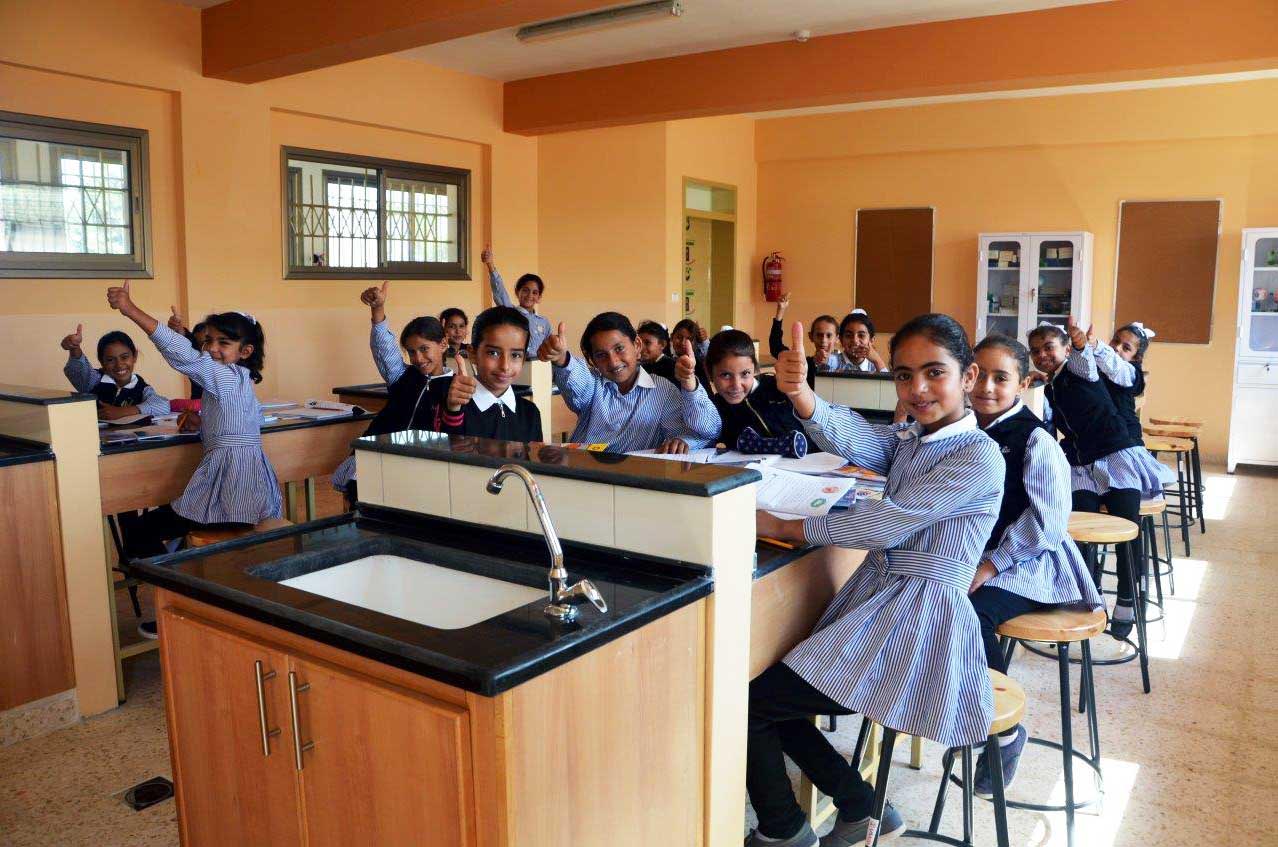

Accessible Features Ensure No One is Left Behind
Jalqamous and Hatta are now fully accessible, with new ramps and bathrooms for students using wheelchairs. The addition of these features make a world of difference for students that would otherwise feel excluded.
The story of Mohammad Bassam illustrates the difference these accessible features can make. His school, near the west bank village of Al-Taqwa, received similar upgrades. Now that Mohammad can move around and use bathrooms and other facilities by himself, he is motivated to get good grades and socialize with his classmates.
